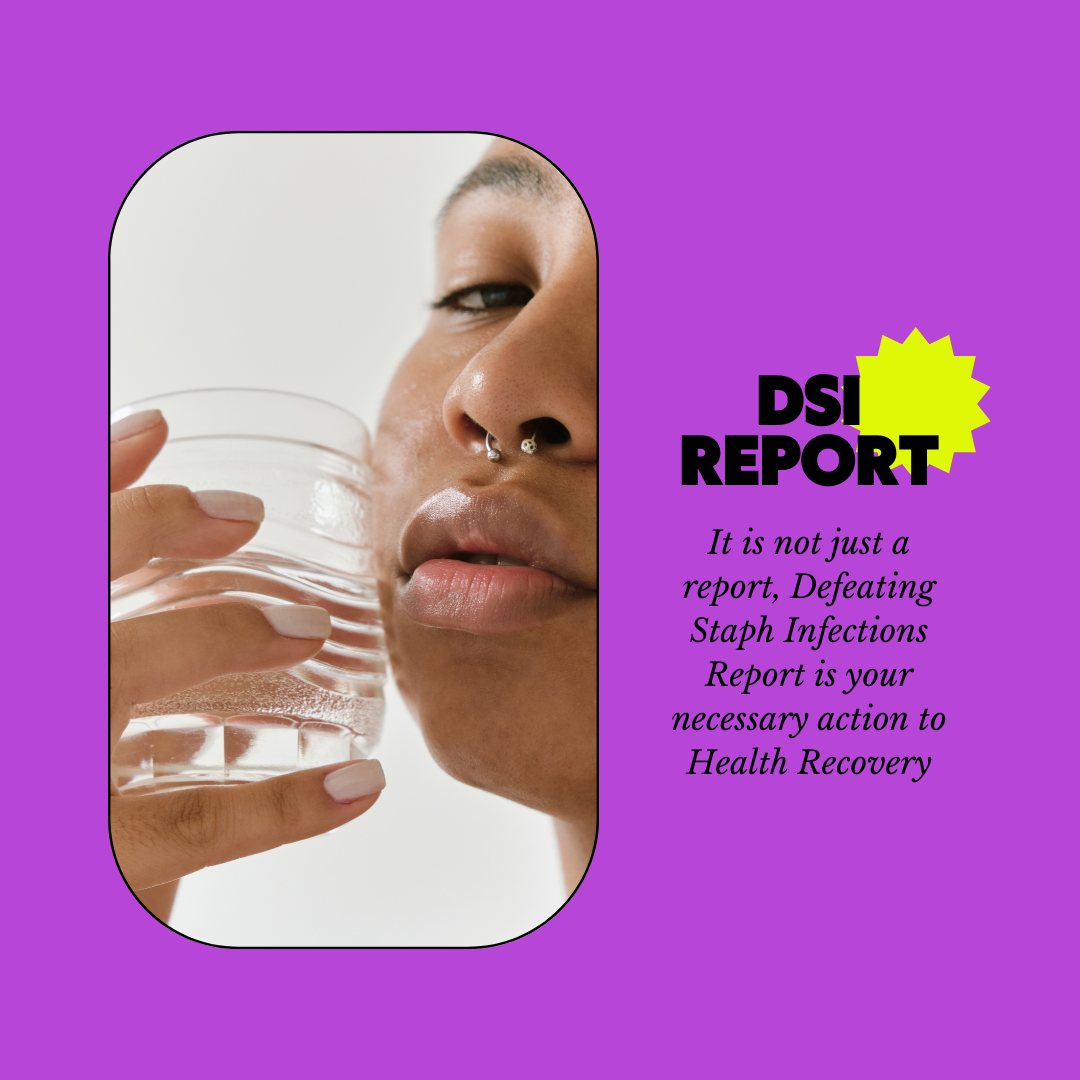What are the symptoms of a Staphylococcus infection?

Skin Infections:
Redness, warmth, and swelling at the site of infection.
Pain or tenderness.
Pus-filled lesions, such as boils, abscesses, or pustules.
Itching or irritation of the affected area.
Formation of a crust or scab over the lesion in the case of impetigo.
Soft Tissue Infections:
and swelling of the affected area.
Pain or tenderness, which may be localized or spread beyond the immediate area of infection.
Fever or chills in more severe cases.
Systemic symptoms such as fatigue, malaise, or loss of appetite.
Wound Infections:
Delayed wound healing.
Increased pain, redness, or swelling at the wound site.
Presence of pus or foul-smelling discharge.
Fever or signs of systemic infection, especially if the infection spreads beyond the wound site.
Respiratory Infections:
Cough, often productive of sputum.
Shortness of breath or difficulty breathing.
Chest pain, particularly with deep breathing.
Fever, chills, and other signs of systemic infection.
Bloodstream Infections:
Fever, often with rapid onset.
Chills and shaking.
Rapid heart rate (tachycardia) and breathing rate (tachypnea).
Hypotension (low blood pressure), which may lead to shock in severe cases.
Toxic Shock Syndrome:
Sudden onset of high fever.
Hypotension (low blood pressure).
Rash resembling sunburn, particularly on the palms and soles.
Vomiting, diarrhea, or gastrointestinal symptoms.
Confusion or altered mental status.
Muscle aches and fatigue.
It's important to note that symptoms may vary depending on the individual's age, overall health, and immune status, as well as the specific strain of Staphylococcus aureus involved.
In some cases, Staphylococcus aureus infections can progress rapidly and lead to severe complications, highlighting the importance of prompt recognition and appropriate medical care.
If you suspect a Staphylococcus aureus infection, it's advisable to seek medical attention for proper diagnosis and treatment.






Post a Comment